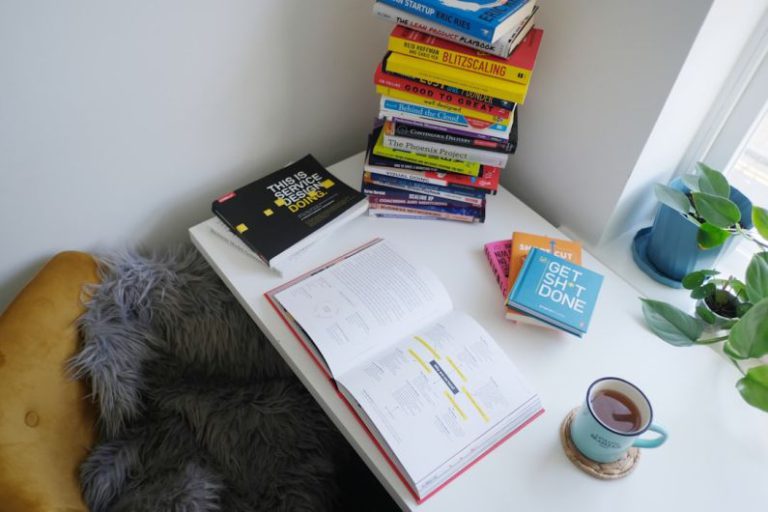
A thorough home inspection is a crucial step in the process of buying or selling a property. A professional home inspector is trained to identify any existing or potential issues that could affect the safety, integrity, or value of a home. By understanding what a home inspector looks for during an inspection, homeowners and buyers can be better prepared for the process and ensure that their property is in good condition. Let’s delve into the key aspects that a home inspector evaluates when examining a property.
Structural Integrity
One of the primary focuses of a home inspection is to assess the structural integrity of the property. Inspectors will carefully examine the foundation, walls, roof, and overall structure of the house to identify any signs of damage or deterioration. They will look for cracks in the walls, uneven floors, sagging ceilings, and other indicators of potential structural issues. A solid foundation and sturdy structure are essential for the safety and longevity of a home.
Roof and Attic
The roof is another critical component that home inspectors pay close attention to during an inspection. They will inspect the condition of the roof covering, including shingles, tiles, or other materials, to check for signs of damage, leaks, or wear and tear. In addition to the roof, inspectors will also examine the attic space to assess insulation, ventilation, and potential water damage. A well-maintained roof is essential for protecting the home from the elements and ensuring its longevity.
Plumbing System
The plumbing system is a crucial aspect of any home, and inspectors will thoroughly evaluate its condition during an inspection. They will check for leaks, water pressure, drainage issues, and the overall functionality of the plumbing fixtures, such as faucets, toilets, and showers. Inspectors will also assess the water heater and look for signs of corrosion or malfunction. A properly functioning plumbing system is essential for the comfort and convenience of homeowners.
Electrical System
The electrical system of a home is another key area that inspectors focus on during an inspection. They will inspect the electrical panel, wiring, outlets, switches, and fixtures to ensure that everything is up to code and functioning safely. Inspectors will look for signs of faulty wiring, overloaded circuits, and potential fire hazards. A well-maintained electrical system is crucial for the safety of the home and its occupants.
HVAC System
The heating, ventilation, and air conditioning (HVAC) system plays a vital role in maintaining a comfortable indoor environment. Home inspectors will assess the condition of the HVAC system, including the furnace, air conditioning unit, ductwork, and filters. They will check for proper operation, maintenance, and efficiency of the system. An efficient HVAC system is essential for keeping the home comfortable and energy-efficient.
Moisture and Water Damage
Moisture and water damage can cause significant problems in a home, leading to mold growth, structural issues, and health hazards. Inspectors will look for signs of moisture intrusion, such as water stains, mold, mildew, or musty odors. They will inspect areas prone to water damage, such as basements, crawl spaces, bathrooms, and kitchens. Identifying and addressing moisture issues early can prevent costly repairs and health concerns.
Final Thoughts
In conclusion, a home inspection is a critical step in the process of buying or selling a property. A professional home inspector evaluates various aspects of the home, including its structural integrity, roof, plumbing, electrical, HVAC systems, and moisture issues. By understanding what a home inspector looks for during an inspection, homeowners and buyers can ensure that their property is in good condition and address any issues promptly. Prioritizing a thorough home inspection can provide peace of mind and help maintain the value and safety of a home in the long run.





